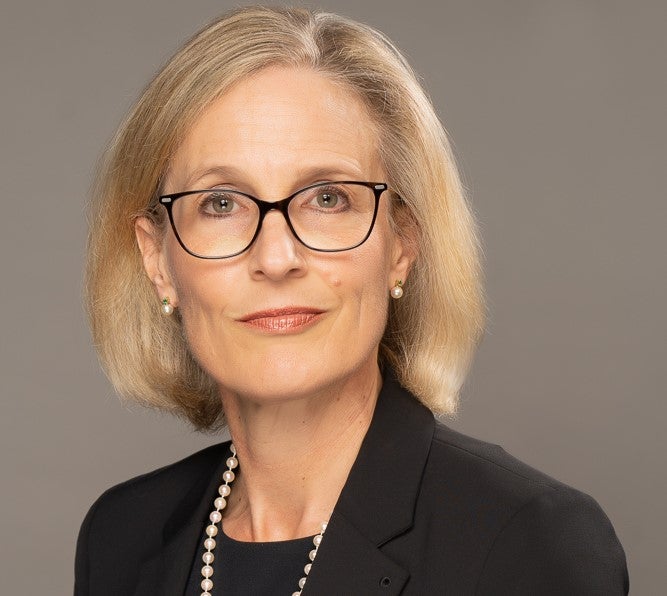‘Extraordinary pressure’: Top NHS children’s doctor warns of unprecedented 10-hour A&E waits
Exclusive: On some days in the past six weeks, nearly all critical care beds for children have been full, says Dr Camilla Kingdon
Your support helps us to tell the story
From reproductive rights to climate change to Big Tech, The Independent is on the ground when the story is developing. Whether it's investigating the financials of Elon Musk's pro-Trump PAC or producing our latest documentary, 'The A Word', which shines a light on the American women fighting for reproductive rights, we know how important it is to parse out the facts from the messaging.
At such a critical moment in US history, we need reporters on the ground. Your donation allows us to keep sending journalists to speak to both sides of the story.
The Independent is trusted by Americans across the entire political spectrum. And unlike many other quality news outlets, we choose not to lock Americans out of our reporting and analysis with paywalls. We believe quality journalism should be available to everyone, paid for by those who can afford it.
Your support makes all the difference.Children’s health services are facing their busiest winter ever, with unprecedented A&E waits and hospital beds across the country full, the most senior children’s doctor in the NHS has warned.
In an exclusive interview with The Independent, Dr Camilla Kingdon, president of the Royal College of Paediatrics and Child Health (RCPCH), said some children were waiting up to 10 hours to be seen by an emergency care doctor.
She said: “That is something that in the children’s services is quite remarkable. I don’t remember ever having heard about children having to wait that long to be seen in an emergency department [before]. So yes, this system is under really extraordinary pressure.
“Certainly my colleagues around the country, we’re ready to rise to the challenge, but I think when you’re seeing the levels of demand, and you recognise how long the waiting times are in A&E, and how difficult it might be for families to access appointments within primary care and so on, there is a kind of gnawing nervousness about children who may have serious evolving conditions that are related to Strep A, or other viruses, not being seen in a timely way.”
Dr Kingdon’s warning comes as the NHS is battling a surge in winter illnesses, which has created particularly high levels of demand for children’s services at the same time as nurses and ambulance staff have gone on strike, with fresh industrial action planned in the new year.
In the first two weeks of December, an average of just 30 paediatric intensive care beds were available each day for the entire country. Data also showed that hundreds of children’s beds were closed to new admissions because of respiratory viruses.
In the wake of the Strep A outbreak, calls to the NHS 111 service have rocketed, according to clinicians, and NHS data showed that close to 50 per cent of calls were abandoned in the second week of December.

The RCPCH president said this winter had proved to be harder than previous years, and that a wave of Strep A infections had hit at an unusual time, when respiratory bugs are normally at their highest.
Dr Kingdon said that in terms of the ratio of beds to population, the UK ranks poorly against the rest of Europe.
She said: “I think, in a winter like this, it’s quite obvious to see that. So we’ve got 12.7 million children in this country, and just over 300 paediatric intensive care beds. So there have been days in the last six weeks where close to 100 per cent of those beds are filled.
“So that speaks to the fragility of the system, that when you arrive in a very difficult winter, actually you can very, very quickly fill up every single critical care bed in the country. That means a clinician then has to make some tough decisions about who gets those beds, and how you use your beds around the country as wisely as possible.”



Join our commenting forum
Join thought-provoking conversations, follow other Independent readers and see their replies
0Comments